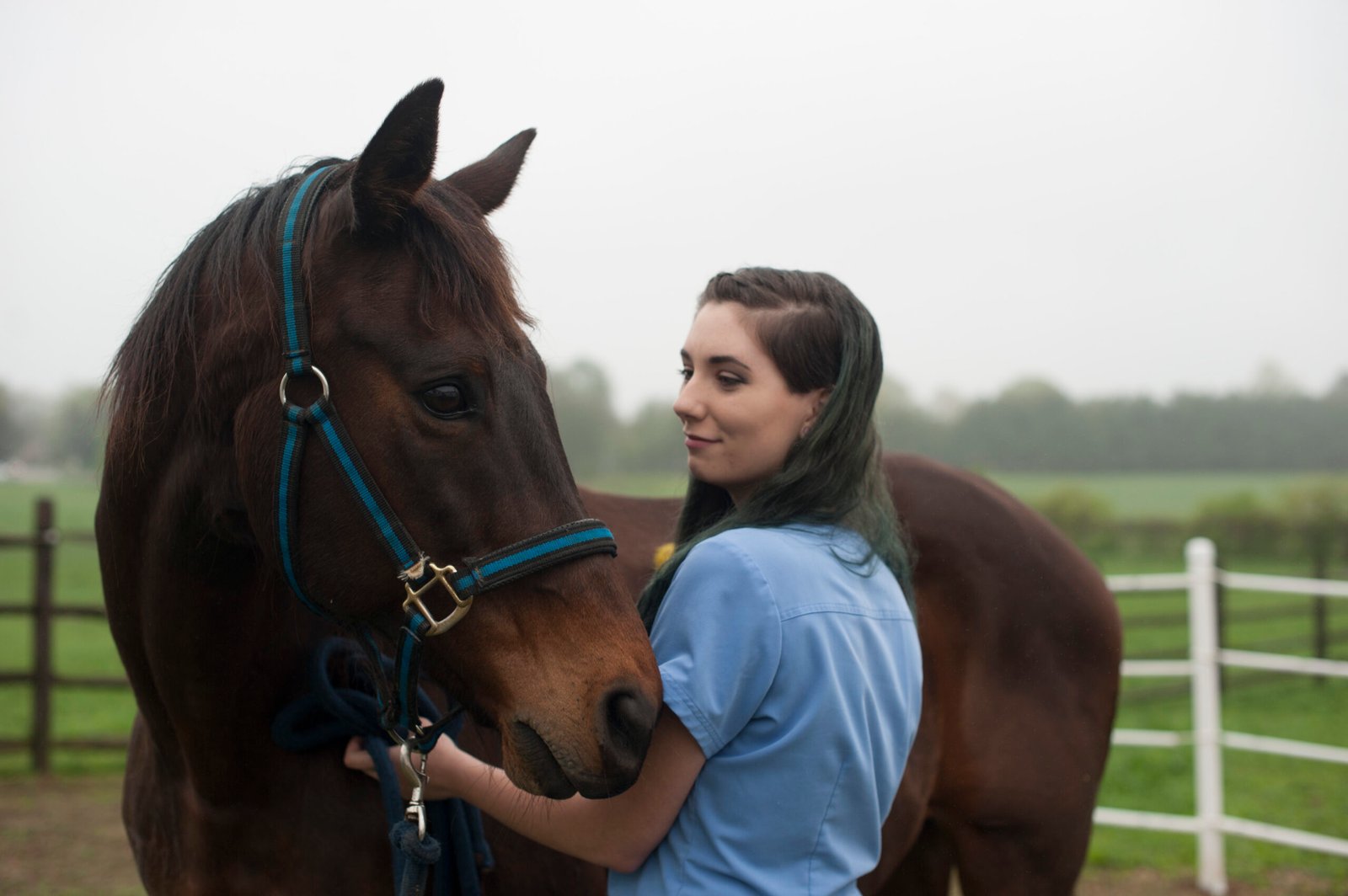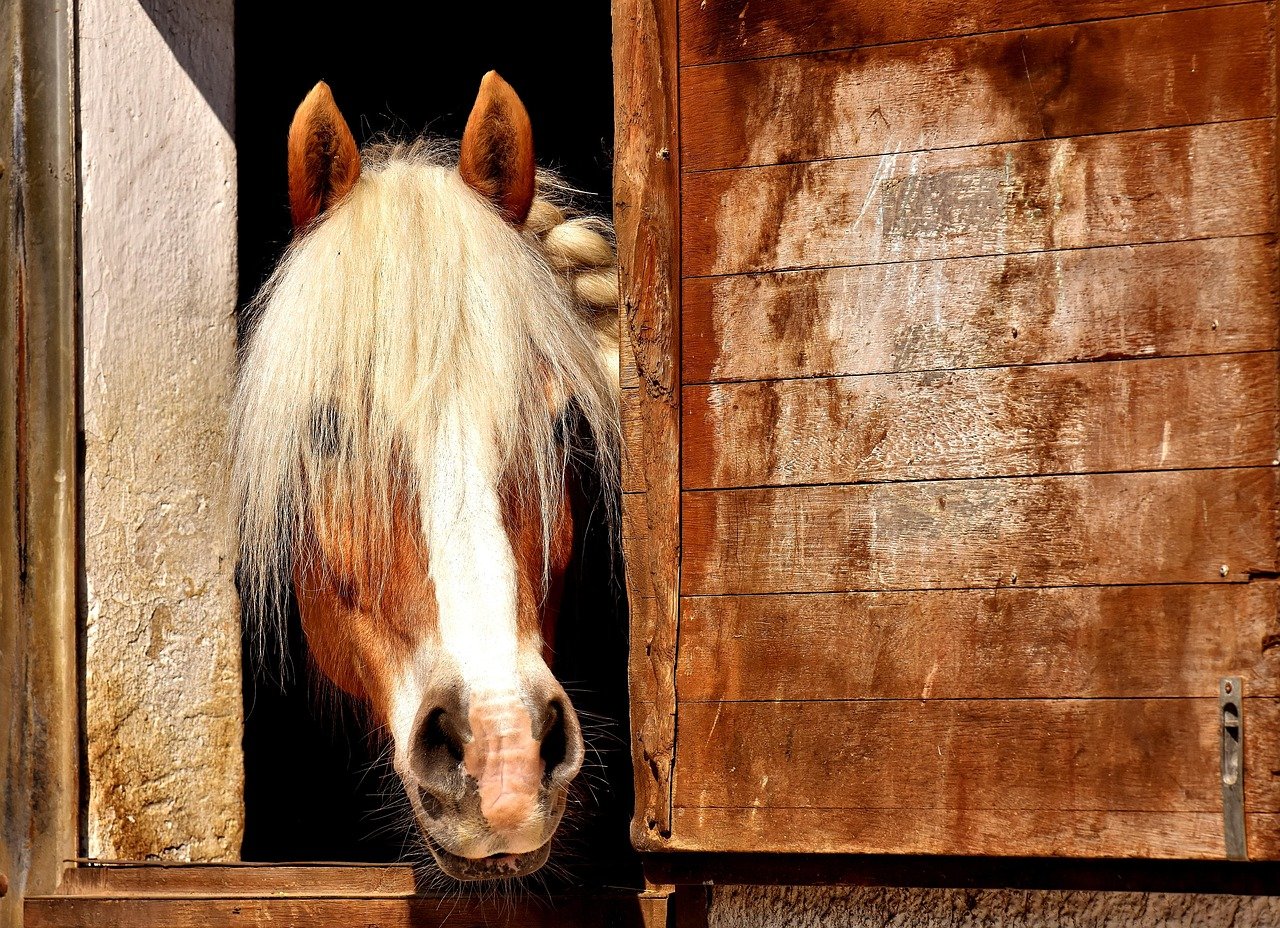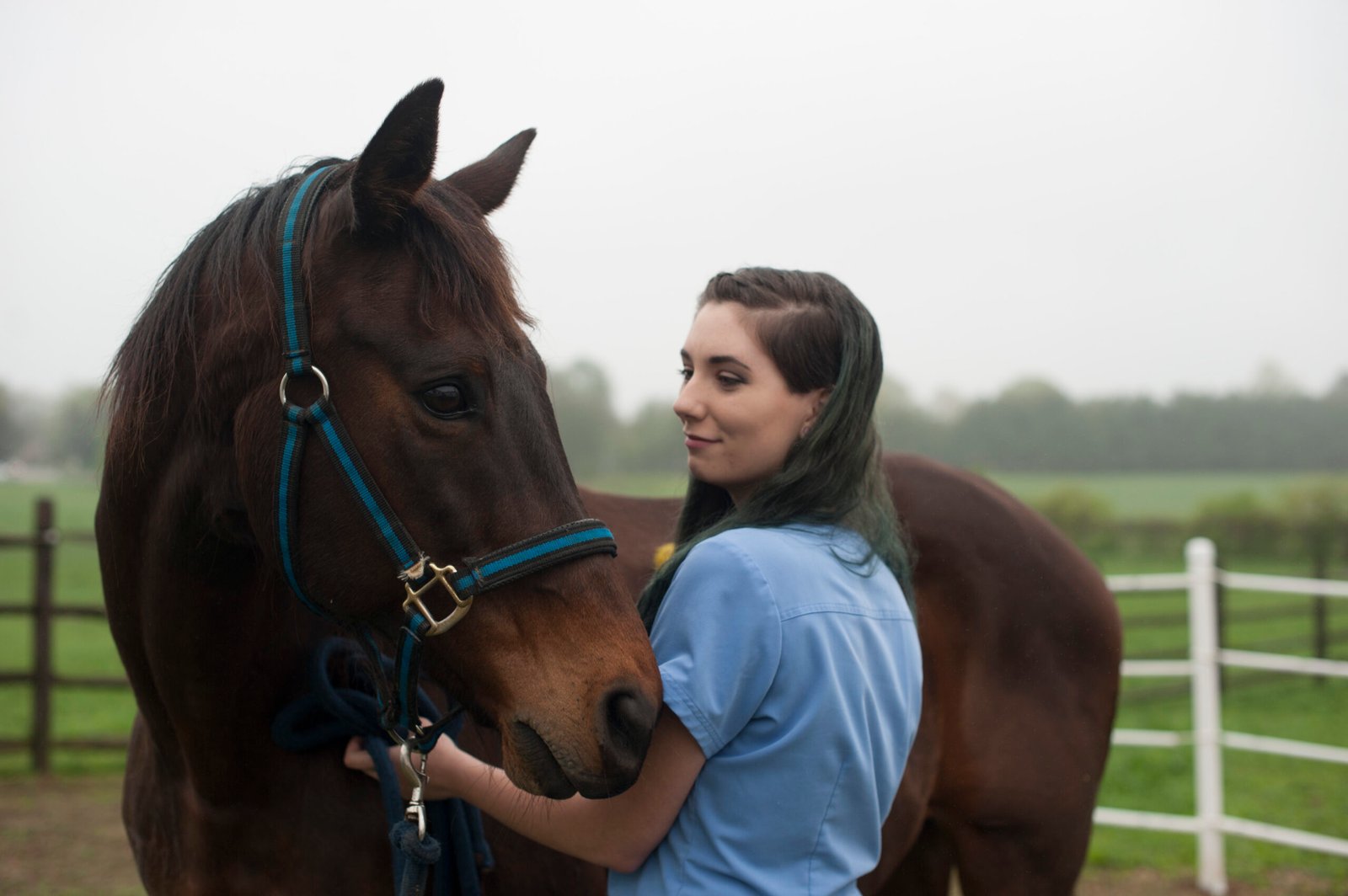Have you ever gazed into your horse’s gentle eyes and wondered what it takes to truly keep them healthy and happy? For many, horses are not just animals—they are trusted friends, loyal companions, and even family. Their well-being can deeply affect our own hearts. There is something magical about a healthy, joyful horse galloping freely, mane flying in the wind, that stirs a sense of awe and love in every horse lover. But achieving this takes more than just feeding and sheltering—it requires understanding, dedication, and a lot of care. Ready to discover what it really takes to give your horse the best possible life?
Provide Fresh Water at All Times
Owning a horse is more than just a hobby—it’s a heartfelt commitment to a powerful and sensitive companion. Whether you’re a seasoned equestrian or new to the barn life, keeping your horse healthy and happy is key to building a strong, trusting bond. From proper nutrition to mental stimulation and regular vet care, every detail matters when it comes to your horse’s overall well-being.
Water is the lifeblood of every horse. It’s easy to forget how crucial it is, but a horse can quickly become dehydrated, especially during hot weather or after exercise. Fresh, clean water should always be available to your horse—think of it as their daily fuel. Dirty buckets or troughs can lead to illness, so make it a habit to check and refill water sources regularly. Horses can drink between five and ten gallons daily, and even more when it’s hot. Consider automatic waterers if you’re worried about forgetting. Just like us, horses can’t thrive without staying hydrated. Imagine going a day without water—your horse feels the same discomfort, only faster.
Ensure a Balanced Diet
A horse’s diet is much more than just tossing some hay into a stall. Horses need a balanced combination of roughage, grains, vitamins, and minerals to maintain energy and good health. Most horses do well with high-quality hay or pasture grass as their main food, but some may need extra grains or supplements depending on their workload, age, or health. Feeding too much grain or too little roughage can cause serious stomach problems. Try to feed at the same times each day—horses thrive on routine. Think of their digestive system as a delicate engine; it runs best with steady, high-quality fuel. Always consult a vet or nutritionist if you’re unsure what’s best for your horse.
Maintain Regular Exercise
Horses are born to move. Without enough exercise, they can become bored, overweight, or even develop bad habits like cribbing or weaving. Regular riding, lunging, or even turnout in a safe pasture can keep your horse’s muscles strong and mind calm. Exercise also helps with digestion and keeps their joints healthy. Even on days you can’t ride, leading your horse for a walk or letting them play with pasture-mates makes a world of difference. Imagine being kept in a small room all day—your horse craves the freedom to stretch, run, and play. Movement is essential for both their body and spirit.
Schedule Routine Vet Visits

Just like people, horses need regular check-ups to catch problems before they get serious. Annual or bi-annual vet visits will help monitor your horse’s overall health, from teeth to hooves to internal organs. Vaccinations, dental care, and deworming are all part of this essential routine. Early detection can save your horse from pain and save you from costly emergencies. Don’t wait until something looks wrong—prevention is always better than cure. A trusted veterinarian can be your best partner in keeping your horse thriving. Think of these visits as essential tune-ups for a living, breathing masterpiece.
Provide Safe and Comfortable Shelter

Horses need shelter from harsh weather—scorching sun, pouring rain, or biting wind. A sturdy stable or run-in shed gives your horse a place to relax and feel safe. Make sure the shelter is clean, dry, and free from sharp edges or hazards. Bedding should be soft and changed regularly to prevent sores and respiratory problems. Even horses who spend most of their time outdoors appreciate a cozy spot to rest. Imagine spending a stormy night outside without protection—your horse deserves a haven, not just a roof. A comfortable shelter is a simple way to show you care.
Keep Up with Hoof Care

No hoof, no horse—this old saying couldn’t be more true. Healthy hooves are the foundation of a horse’s well-being. Regular visits from a skilled farrier are a must, usually every six to eight weeks. Trimming, cleaning, and shoeing (if needed) prevent painful cracks, infections, and lameness. Pick out your horse’s hooves daily to clear dirt and stones that can cause problems. Hoof care isn’t just about looks; it’s about keeping your horse pain-free and able to move with ease. Think of it like caring for your own feet—imagine walking miles with a pebble in your shoe.
Maintain Good Dental Health
Horses’ teeth grow continuously and can develop sharp edges that make eating painful or difficult. Regular dental check-ups, usually once or twice a year, are essential for keeping your horse’s mouth healthy. Floating (filing) the teeth helps prevent sores, uneven wear, and even weight loss. Watch for signs like dropping food, difficulty chewing, or bad breath. Good dental care means your horse can enjoy their meals without discomfort. It’s easy to overlook, but just like humans, dental pain can make your horse miserable. A happy horse is one who can eat with ease.
Practice Proper Grooming
Grooming is about more than making your horse look beautiful—it’s a way to bond and check for injuries, skin problems, or parasites. Daily brushing removes dirt and loose hair, stimulates blood flow, and gives you a chance to spot lumps, cuts, or swelling. Cleaning hooves, untangling manes, and washing when needed keeps your horse comfortable and healthy. Grooming can be a soothing ritual for both of you, deepening your connection and trust. Think of it as a spa day for your horse—a little pampering goes a long way in keeping them happy.
Offer Social Interaction and Mental Stimulation
Horses are herd animals by nature, craving companionship and mental stimulation. Isolation can lead to loneliness, stress, or even depression. Whenever possible, allow your horse to interact with other horses or gentle animals. Toys, varied environments, or simple training sessions can also keep their minds active. A bored horse is more likely to develop bad habits or anxiety. Imagine living without friends or anything to do—your horse needs enrichment just as much as food or water. A happy horse is one who feels connected and engaged.
Monitor for Signs of Illness or Discomfort
Horses are experts at hiding pain, so it’s up to you to notice the subtle signs. Changes in appetite, behavior, posture, or energy can signal something is wrong. Watch for things like unusual sweating, limping, coughing, or changes in manure. Trust your instincts—if your horse seems “off,” don’t wait to call the vet. Early action can mean the difference between a quick fix and a serious problem. Being attentive shows your horse how much you care. Your watchful eye is often their best defense against illness or injury.

Born and bred in South Africa, a Capetonian at heart. Amy-Leigh’s love for nature and animals was inherited from her Dad. He loves taking the family on road trips to experience nature at its finest; Amy-Leigh’s favourite being whale watching in Hermanus and spotting Kudu along the West Coast. Amy-Leigh holds a BA in English Literature and Communication Studies.






